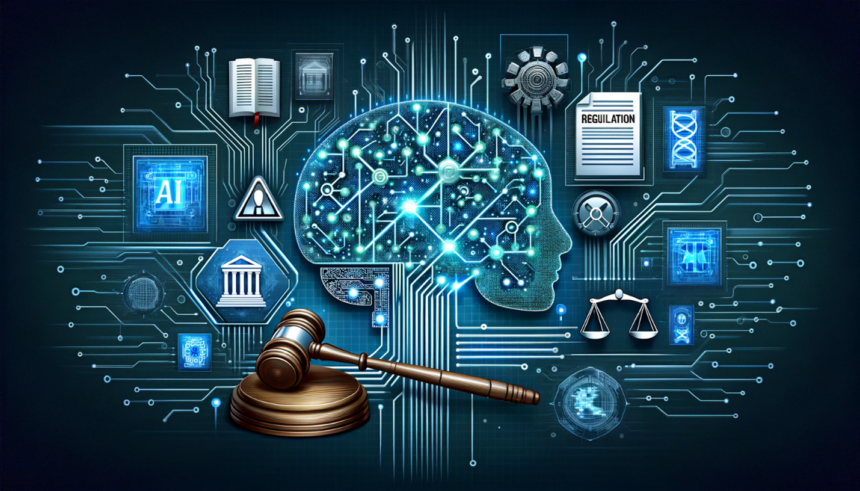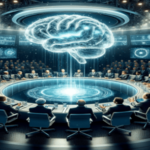The New Hampshire primary has been marred by a disturbing incident involving misleading robocalls, allegedly mimicking President Biden’s voice, reigniting urgent discussions on the need for artificial intelligence regulation before the 2024 general election. Voters in New Hampshire reported receiving calls with what seemed like a digitally generated voice impersonating President Biden, advising them against voting in the primary and to “save your vote for the November election.”
New Hampshire Attorney General John Formella’s office suspects the call was AI-generated and is investigating it as an illegal attempt to disrupt the primary and suppress voter turnout. This incident highlights the potential for AI-generated media to undermine elections, prompting renewed calls for federal action.
Congress members are actively proposing legislation to address these concerns:
- Senators Amy Klobuchar and Josh Hawley are leading a bill, S. 2770 (118), to prohibit AI-generated deceptive material depicting federal candidates in political ads.
- Representative Yvette D. Clarke has introduced H.R. 3044 (118), requiring disclosure when generative AI is used in political ads for videos or images.
- Numerous lawmakers are advocating for standards mandating disclosures or watermarks when AI generates content more broadly.
Although federal law already prohibits campaigns from fraudulently misrepresenting themselves, there’s a growing demand for the Federal Election Commission to explicitly extend these rules to AI. The FEC chairman indicated a resolution on this issue is expected by early summer.
Senator Klobuchar emphasized the urgency, stating on MSNBC that such robocalls could “destroy democracy.” This fake Biden robocall is not an isolated incident. The Republican National Committee released an ad last year using a Biden voice imitation generated by AI, sparking criticism from Democratic campaign officials. Furthermore, a Silicon Valley-backed super PAC launched an AI-driven chatbot for a Democratic presidential candidate, and a Democratic congressional candidate in Pennsylvania used an “artificial intelligence volunteer” for voter outreach.
In the absence of federal regulation, states are stepping in with their own measures to tackle AI-generated content in campaigns, as advocated by groups like Public Citizen. The situation underscores a critical need for clear guidelines and regulations in the rapidly evolving landscape of AI in politics.
















